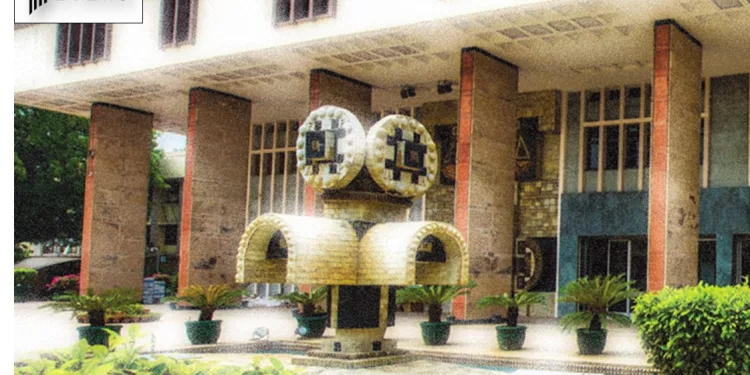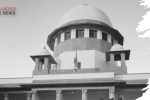Stays Trial Court’s Discharge Order – Mini-Trial at the Stage of Framing of Charge is Impermissible: Delhi High Court

In a significant development, the High Court of Delhi stayed an order of the Trial Court which had discharged the accused Harpreet Singh Khalsa and others in a murder case. The High Court’s order came in response to a revision petition filed by the State (NCT of Delhi). In its judgment, the court emphasized that a “mini-trial at the stage of framing of charge is impermissible,” pointing to the Trial Court’s erroneous approach.
Legal Backdrop:
The case in question pertains to the discharge of accused Harpreet Singh Khalsa and others from charges including murder under Section 302 read with Section 120B IPC. The accused were initially implicated in an FIR registered at Police Station Moti Nagar, involving a murder that was discovered after police were alerted about foul smell emanating from a flat.
High Court’s Observation:
Justice Vikas Mahajan, while delivering the order, pointed out that the Trial Court’s methodology was problematic. He stated, “It prima facie appears that the learned Trial Court has overlooked evidence in the form of CCTV footage and CDRs and has undertaken the exercise of finding out probative and evidentiary value of the evidence on record, which is not permissible.”
Importance of Circumstantial Evidence:
The court also criticized the Trial Court for dismissing Call Detail Records (CDRs) and overlooking the significance of CCTV footage in the case. “There are CDRs on record which show that all accused persons were in regular touch with each other but the learned Trial Court has negated the said CDRs,” said the judgment.
Suspension of Impugned Order:
Drawing attention to Supreme Court precedents, the High Court clarified that it had the authority to suspend the Trial Court’s order. “In view of the above and having regard to the submissions made by the learned senior counsel, which prima facie appear to have substance, the operation of the impugned order is stayed, till the next date of hearing,” the order read.
The High Court has issued notice to the respondents, returnable on December 13, 2023. Meanwhile, the impugned order’s operation remains stayed. A copy of the High Court’s order has been forwarded to the concerned Jail Superintendent for necessary compliance.
This landmark judgment has set a precedent for how to approach the framing of charges and emphasized the need for judicial scrutiny at early stages of criminal proceedings.
Date of Decision: October 21, 2023
STATE (NCT OF DELHI) vs HARPREET SINGH KHALSA AND ORS.






